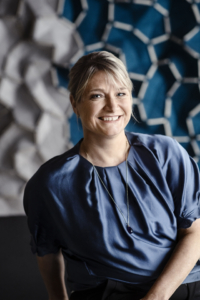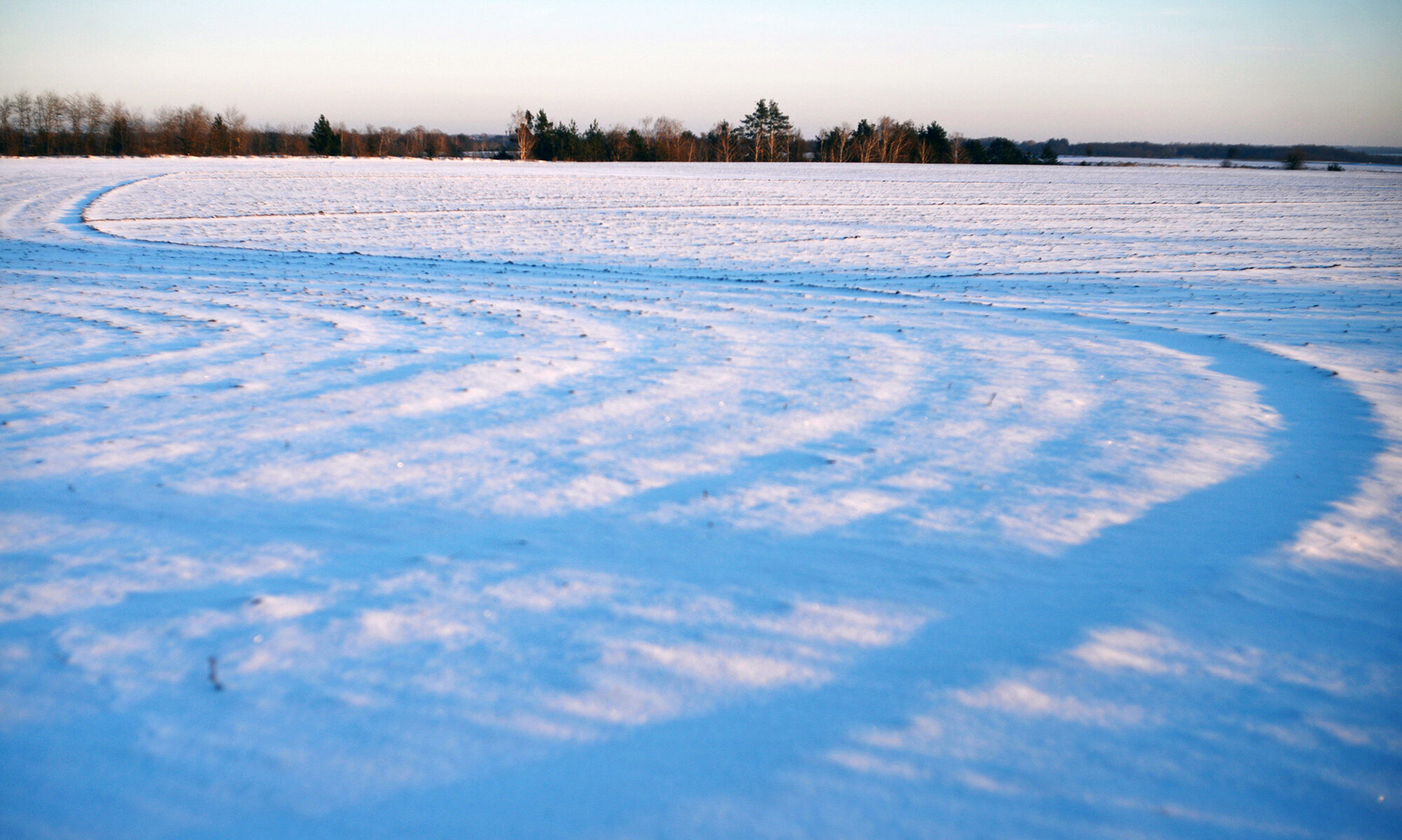Classic Nordic food in a sustainable way – how do we bring our heritage into the future? The project “UWC Red Cross Nordic: Building a New Nordic Food and Sustainability Program” targets young people in order to achieve its goals.
One aim of the project, which was funded by NKJ via the steering group for New Nordic Food, was to change the culinary profile of school meals into a Nordic and sustainable profile.

– It was very much about food culture, and about bringing Nordic food culture to the next generation. And inspiring each other by visiting one another’s food cultures, says Judith Kyst, coordinator of the project and director at Madkulturen in Denmark.
The project worked with the staff who planned and prepared the food by offering an inspiration course, an exchange trip, and by mapping resources in the form of kitchen equipment and an inventory of local, seasonal foods and wild edible plants in the surrounding area. But it was not enough to involve only the staff who prepared the food. The project also aimed to reach those who eat the food. They were given the opportunity to learn about, collect and harvest, prepare, taste, and reflect on the food.
– It should not just be food served; we wanted to involve young people in food culture. They were able to gather from nature and take part in preserving and working with the food. Nordic food culture is not just about raw materials, it is also about methods.
– Young people with a different ethnic background can also use food as a tool for integration. They cook food from their own culture, but using local ingredients.
– Today, when the world is so divided, we must not forget our shared Nordic roots. And if there is something that can unite us, it is food. The raw ingredients can be very different. It is more about our values around food, what the Nordic food manifesto stands for – that is what we have in common.
The result of the project has been young people with a newly awakened and deepened interest in food.
– They are very enthusiastic; they are still talking about it! It is about giving food life and developing a relationship with food. There are many perspectives involved in being part of preparing the food yourself.
Hopefully, the young people who have participated in the project’s activities will carry a sense of and an interest in food culture with them into their lives.






